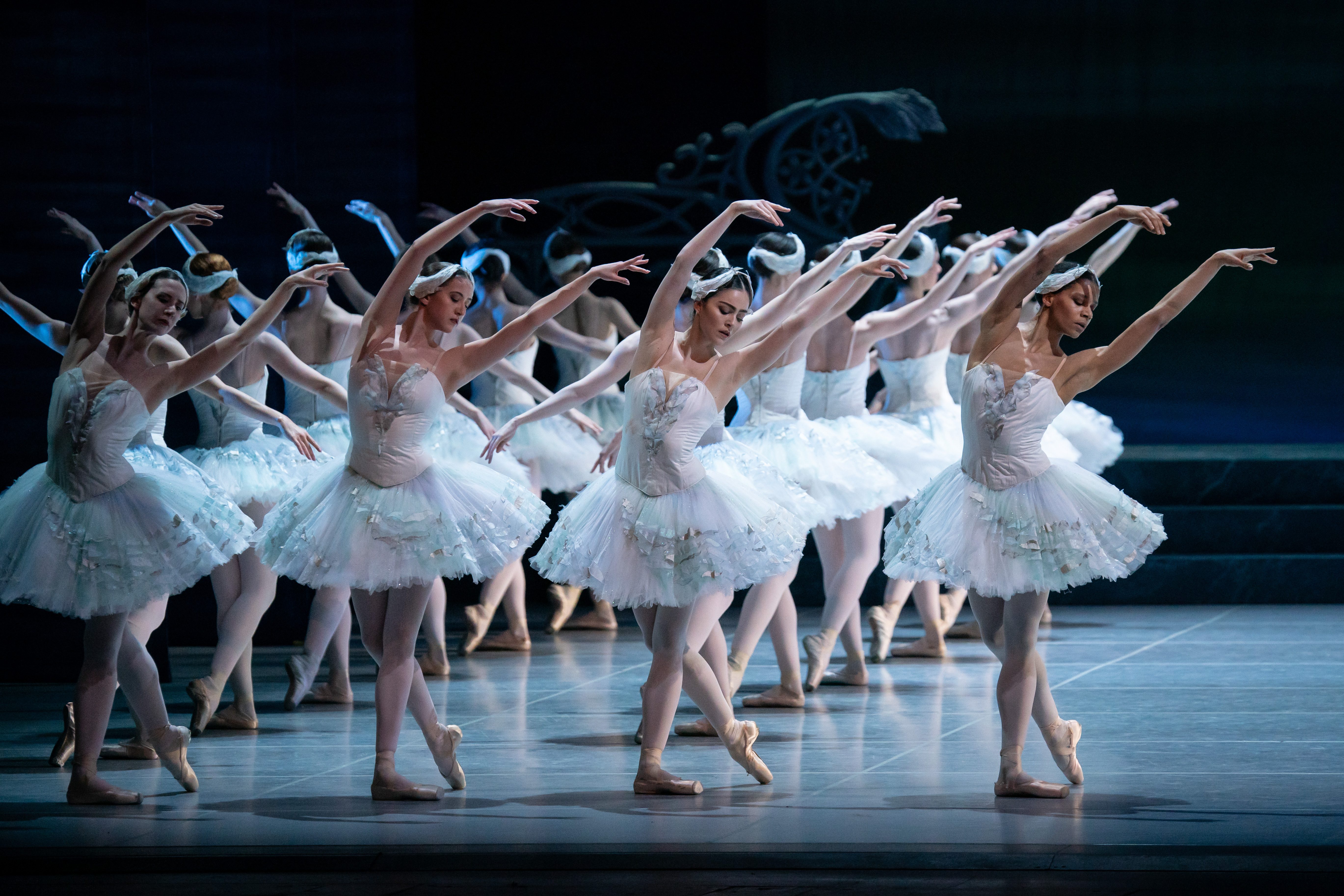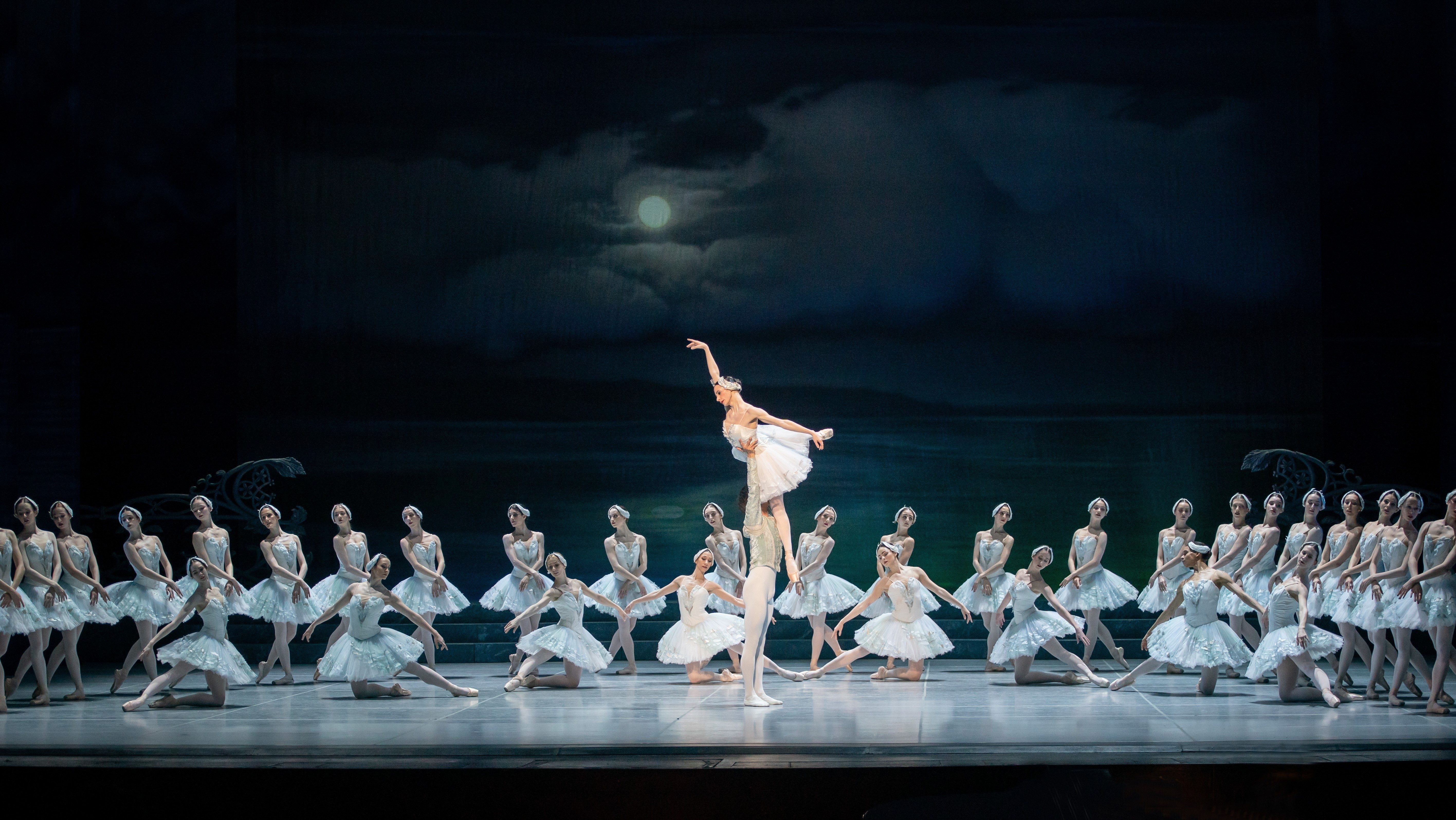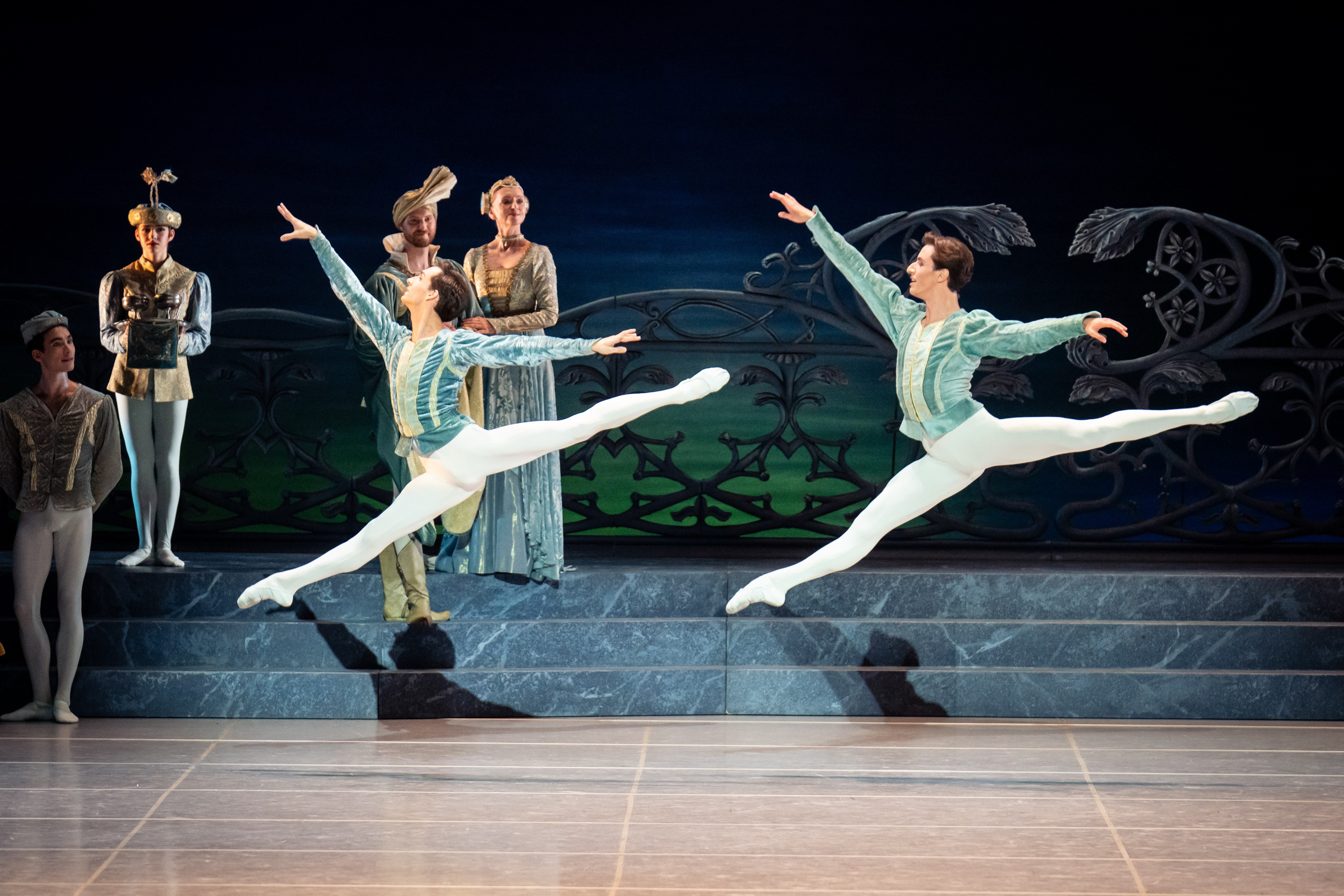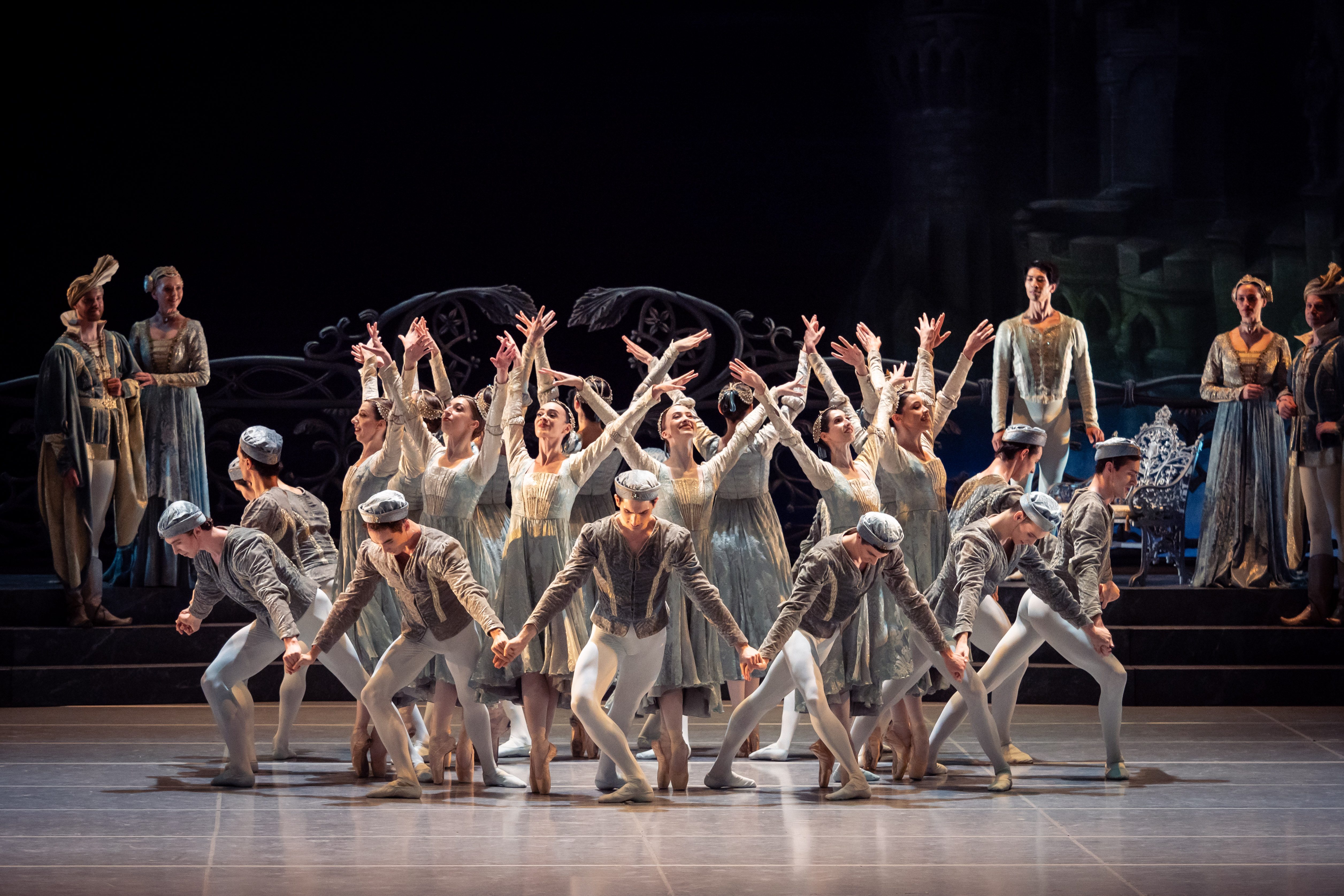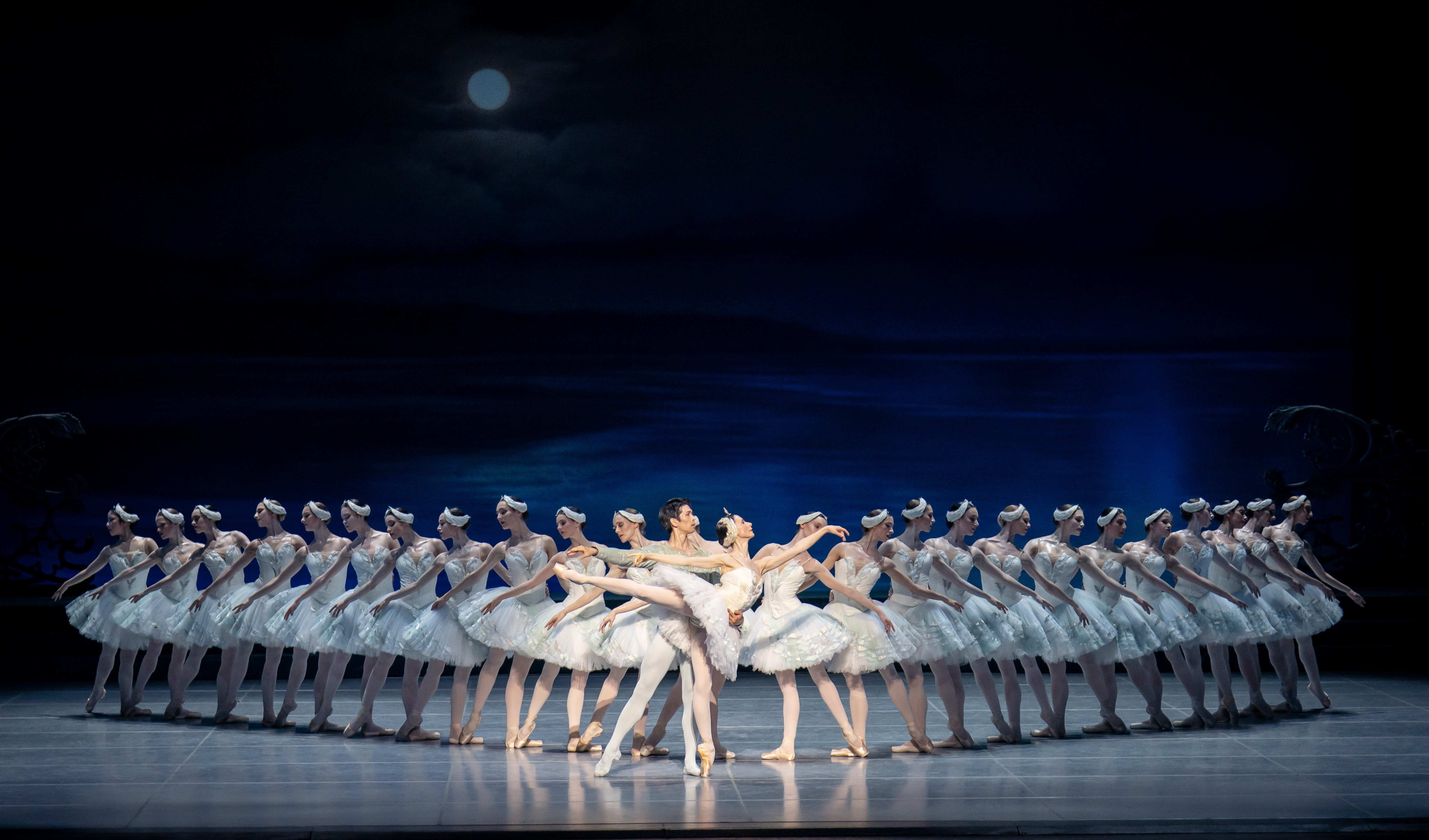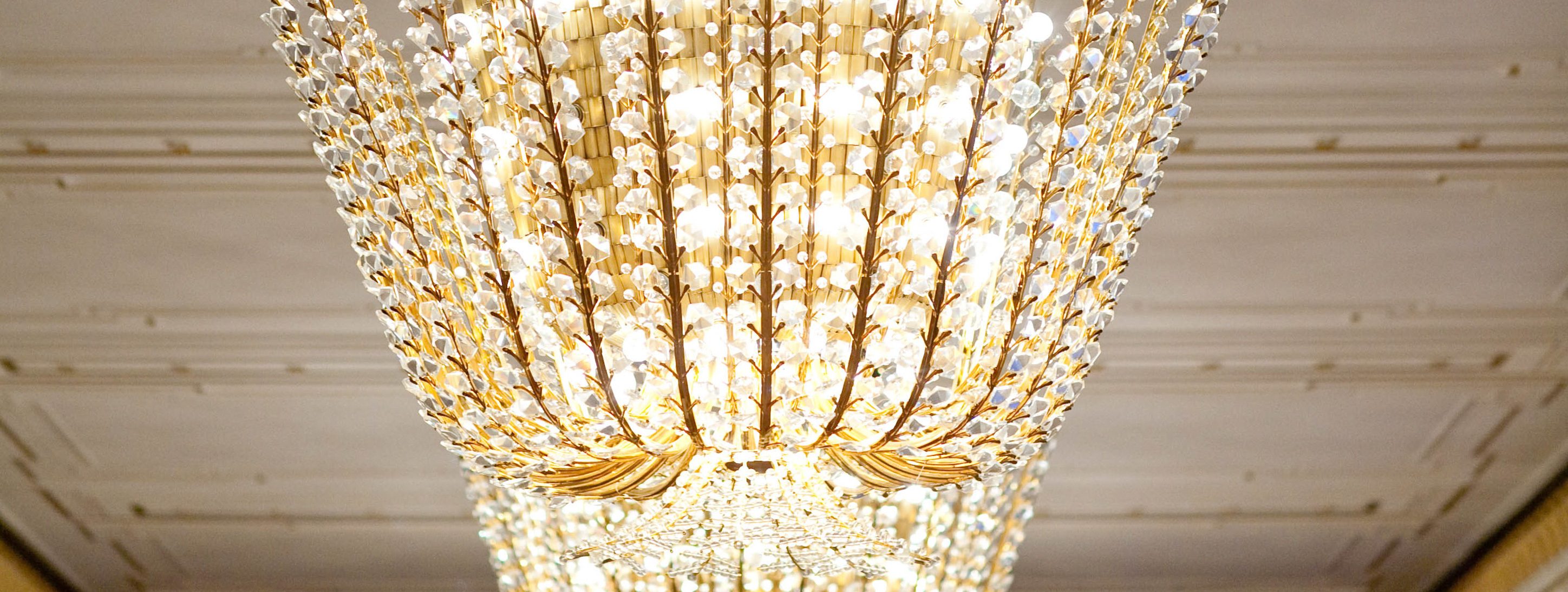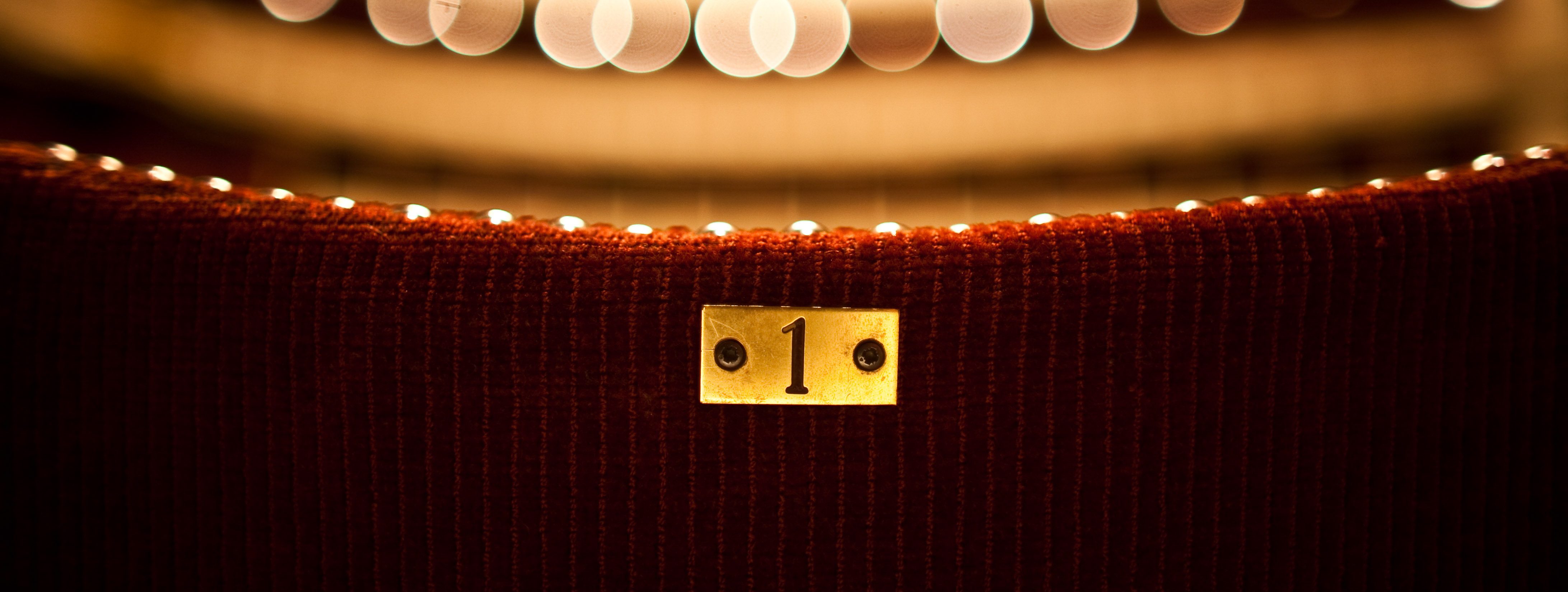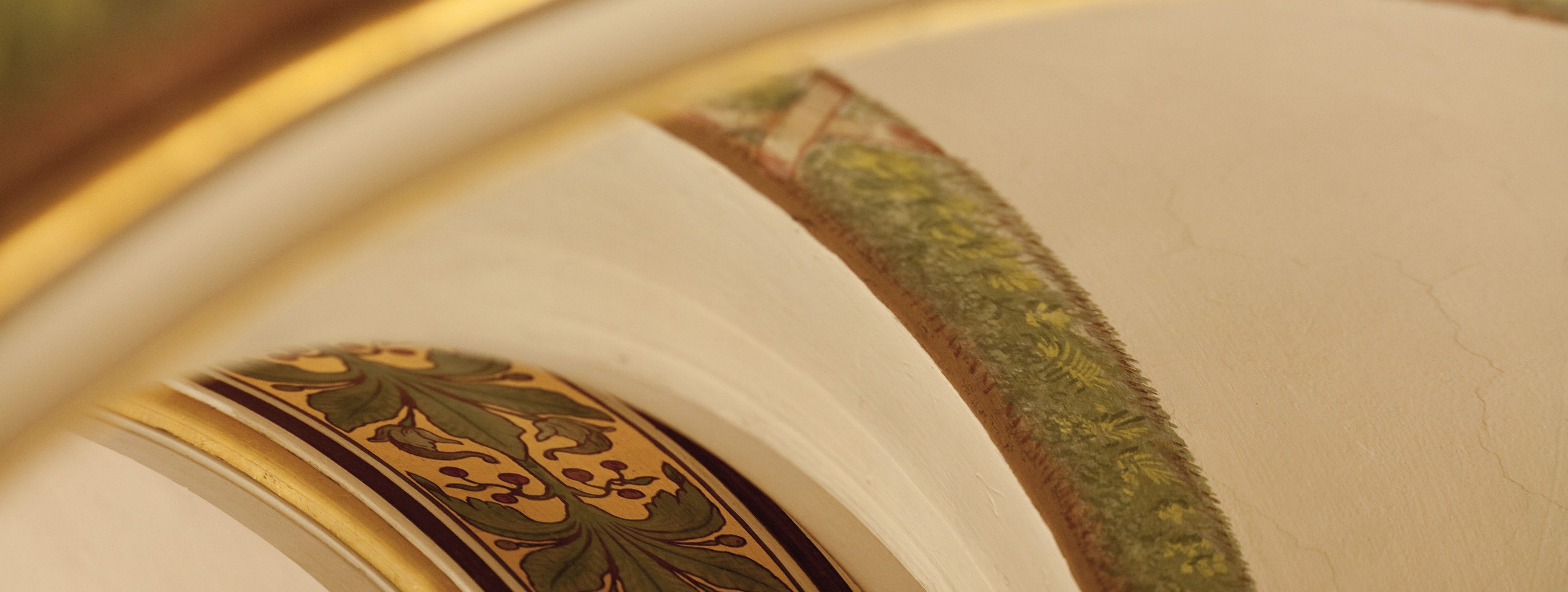
About the production
It is the most famous ballet of all time:
the tragic story of Prince Siegfried, who finds himself deep in the forest in the middle of the night, falls in love with the Swan Princess Odette and swears to be faithful to her forever, but is deceived by the wicked powers of the Magician Rotbart and Odette’s adversary Odile.
Swan Lake
Storyline
Prince Siegfried is celebrating his birthday with numerous guests. Tomorrow he is to choose a bride from among the beauties of the land. As a sign of maturity, he receives a crossbow from his mother. Left alone, Siegfried feels strangely attracted by a flock of passing swans. He is overcome by dark forebodings. Although it is already evening, he goes hunting.
Wizard Redbeard rules over a flock of white swans. These are enchanted girls. They are only allowed to take on their human form at night. One of them is the swan princess Odette. Siegfried has followed her and her friends deeper and deeper into the forest. Under the spell of the floating dances of their companions, the two fall in love. Odette reveals that only a man who vows eternal fidelity to her can release her from Redbeard's spell. Siegfried swears to be that man. The day dawns and the girls return to the lake, where they turn back into swans. Rothbart stops Siegfried from following them.
The choice of bride at the queen's court is in full swing. But none of the six princesses presented to Siegfried is able to touch his heart. Then a beautiful stranger dressed in black enters, accompanied by a proud nobleman. Siegfried is confused; he believes he recognizes his beloved Odette in this mysterious creature who resembles a black swan. After the guests have presented themselves with dances from their native Spain, Italy, Poland and Hungary, Siegfried asks the stranger to dance and announces that he has chosen her as his bride. The magician Redbeard appears triumphantly from under his mask. Siegfried's chosen one is Odile, Rothbart's daughter. Siegfried is forced to realize that he has been deceived. He plunges into the forest in search of Odette.
The white swans dance their elegiac round dances. They try in vain to comfort Odette. Breathlessly, Siegfried appears. Although Odette knows that all hope of redemption is lost, she forgives him. But Redbeard takes his revenge to the end: he lets the lake overflow its banks and Siegfried dies in the waves.
The production that Marius Petipa staged with Lev Ivanov in St. Petersburg in 1895 has retained its validity and fascination to this day. With his choreography of the White Acts, Ivanov invented the formal language and visual aesthetics that established »the myth of Swan Lake«. Almost 70 years later, in a completely changed world, Rudolf Nureyev took up Petipa’s and Ivanov’s threads, which had already been spun in different nuances in the 20th century in both the East and the West. With the premiere of his Viennese Swan Lake in 1964, he presented a compaction of Russian movement material into the highest virtuosity and directed the focus on the individualist Siegfried. His choreography, which was entered into the Guinness Book of Records with 89 curtains at the premiere danced by Nureyev himself alongside Margot Fonteyn, is still a signature work of the Vienna State Ballet up to today and finds its interpretation through ever new generation of dancers.
Like many artists in the age of romanticism, Peter I. Tchaikovsky was attracted to fairy-tale materials and not only used it as the basis for his first major major ballet Swan Lake (1877) – a score, that motivates situations with theatrical sense in a way never before heard in the ballet world of the time and shows the characters as real people through psychological spotlighting – even if they appear in a fairy tale. The colourful, lively, but also elegantly sophisticated dances of the two festive acts, always characterized by the waltz beat, are contrasted with the poetic-lyrical, but also darkly dramatic worlds of the Actes blancs. Tchaikovsky was able to give the divertissements dramaturgical reasons beyond their entertainment character. The subject of metamorphosis, which determines the plot of Swan Lake – Siegfried is on the threshold of adulthood, people become swans or owls, real everyday worlds change into imaginary ones – also characterizes the composition, which constantly changes its colours. This even extends to the work with leitmotifs that know how to adapt precisely to situations or moods.

